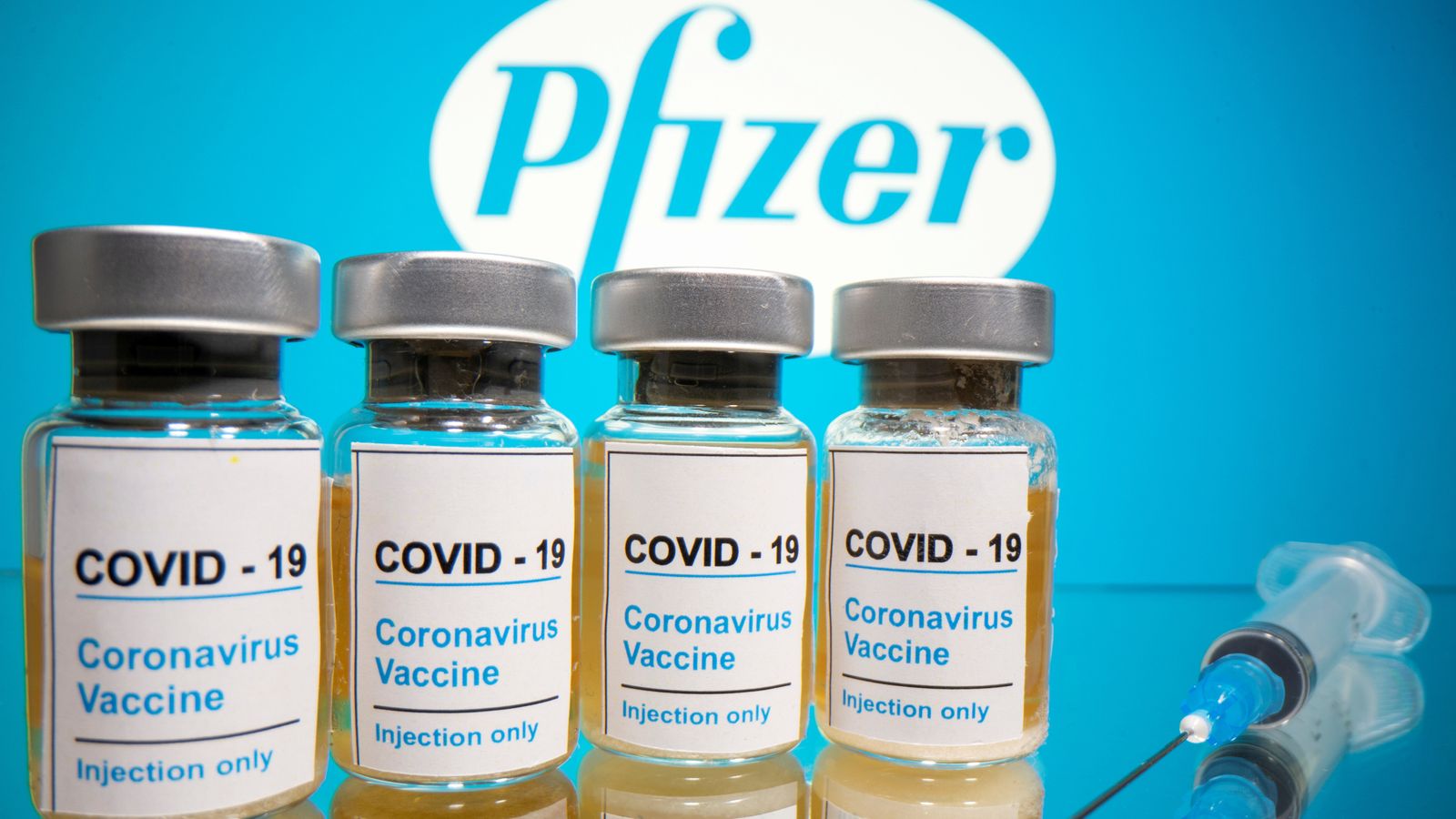threecharacters
Fish Fanatic
Covid doesn't want to kill the host, it's main purpose is to spread. Killing the host is pointless to any virus. And yes, that comes from a doctor who is a viral specialist.
You've precisely hit on why Cov-Sars-2 is so dangerous, but totally missed the point somehow. Normally, viruses don't want to kill their host. This is why the common cold and the seasonal flu are so mild for so many people. However, when a virus jumps species unpredictable things can happen (think bird flu, MERS, ebola, HIV, rabies, etc.). Cov-Sars-2 evolved in bats and it evolved such that it wouldn't kill the bats. However, bats have extremely robust immune and respiratory systems, much more robust than our immune and respiratory systems. Flying is really hard aerobic work and animals that can fly have had to evolve the best respiratory systems nature can concoct. Interestingly, this is why the bird flu has such a high fatality rate in humans too.
Cov-Sars-2 evolved to survive in a host with much stronger immune and respiratory systems. In humans, Cov-Sars-2 adaptations are overkill, which is why it has resulted in so many deaths.
Maybe you should grow up and respect others opinions and stop calling them "tinfoil hats"? (I haven't aimed personal insults your way.) I call it lateral thinking. Try it.
Maybe you should grow up and respect others lives. If people had followed social distancing, mask wearing, and quarantining protocols correctly there wouldn't be any need for a lockdown. I guess you can take this lockdown as your own personal punishment. Schools are open because they're more necessary than gyms, bars, etc. (I can't believe I actually need to say this). Plus, there is already an expectation for rule-following at school, therefore, it's easier to enforce mask wearing and social distancing at school especially compared to a bar.




